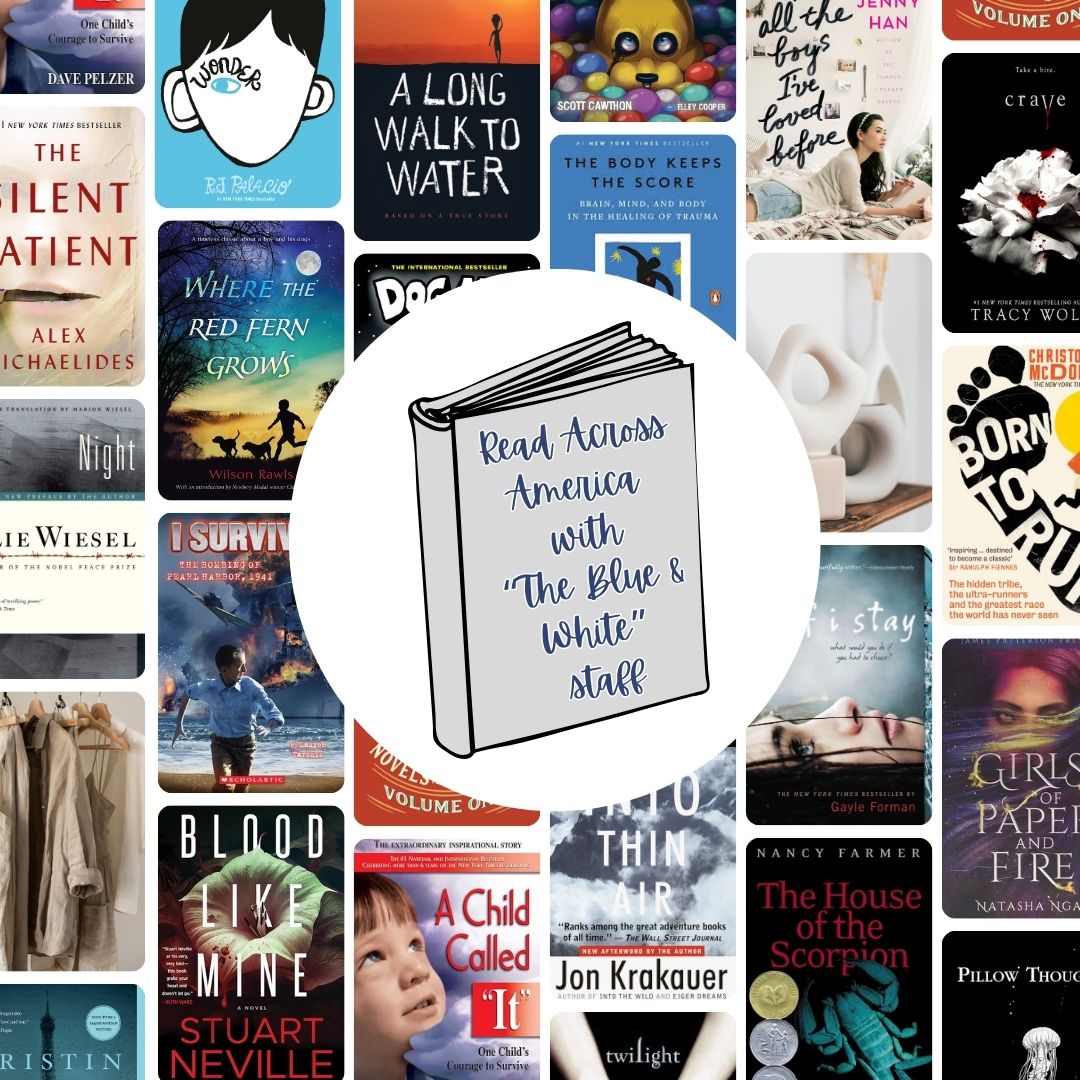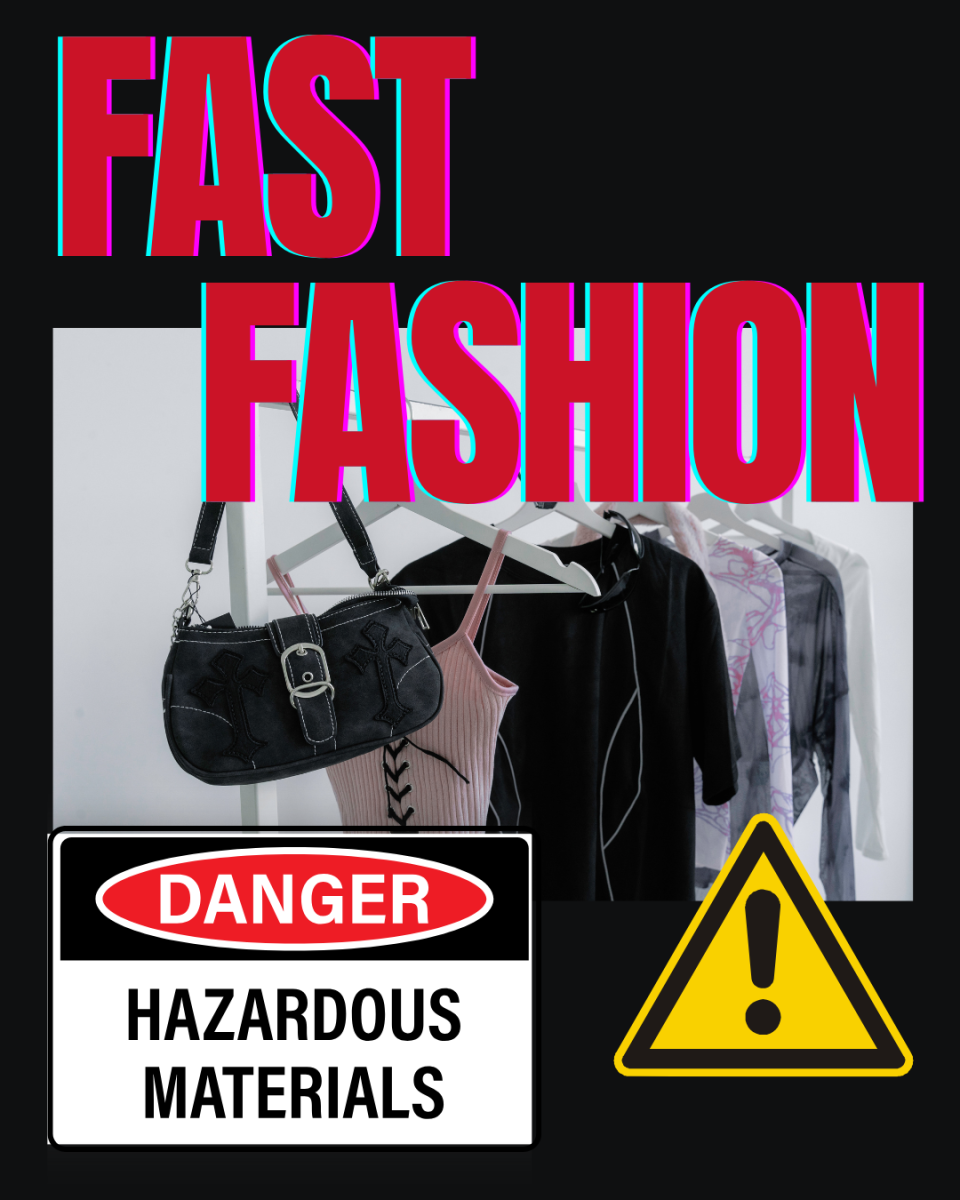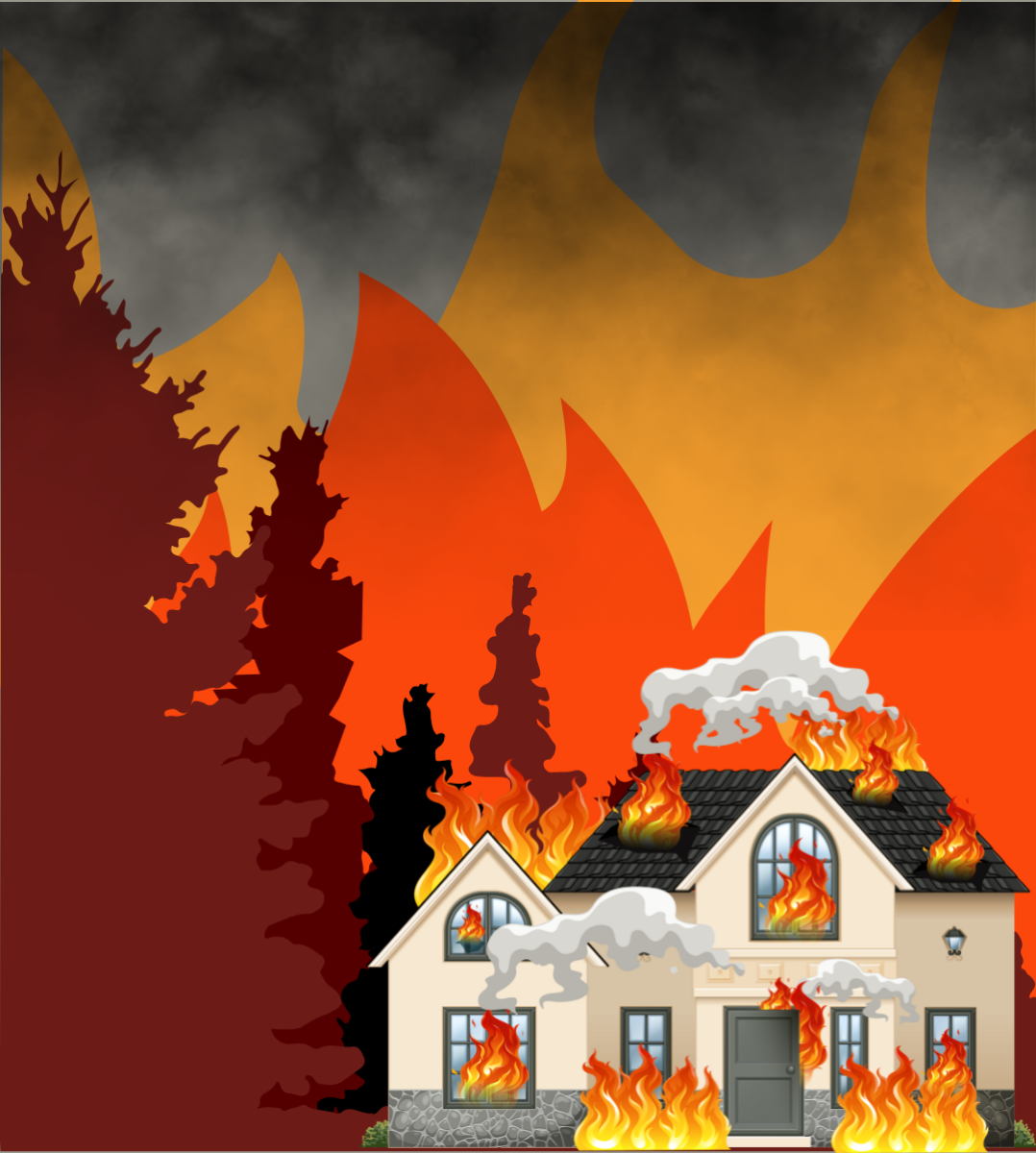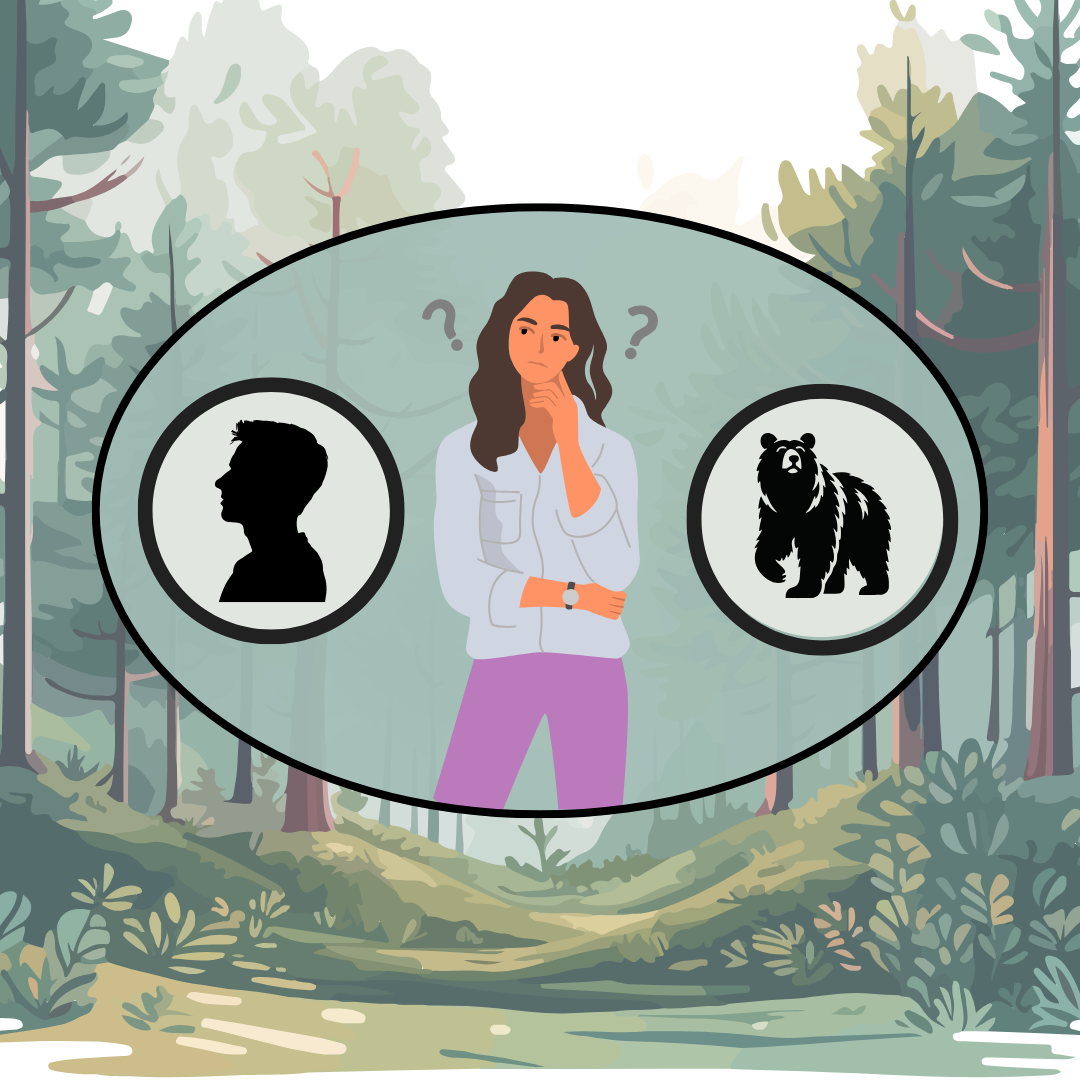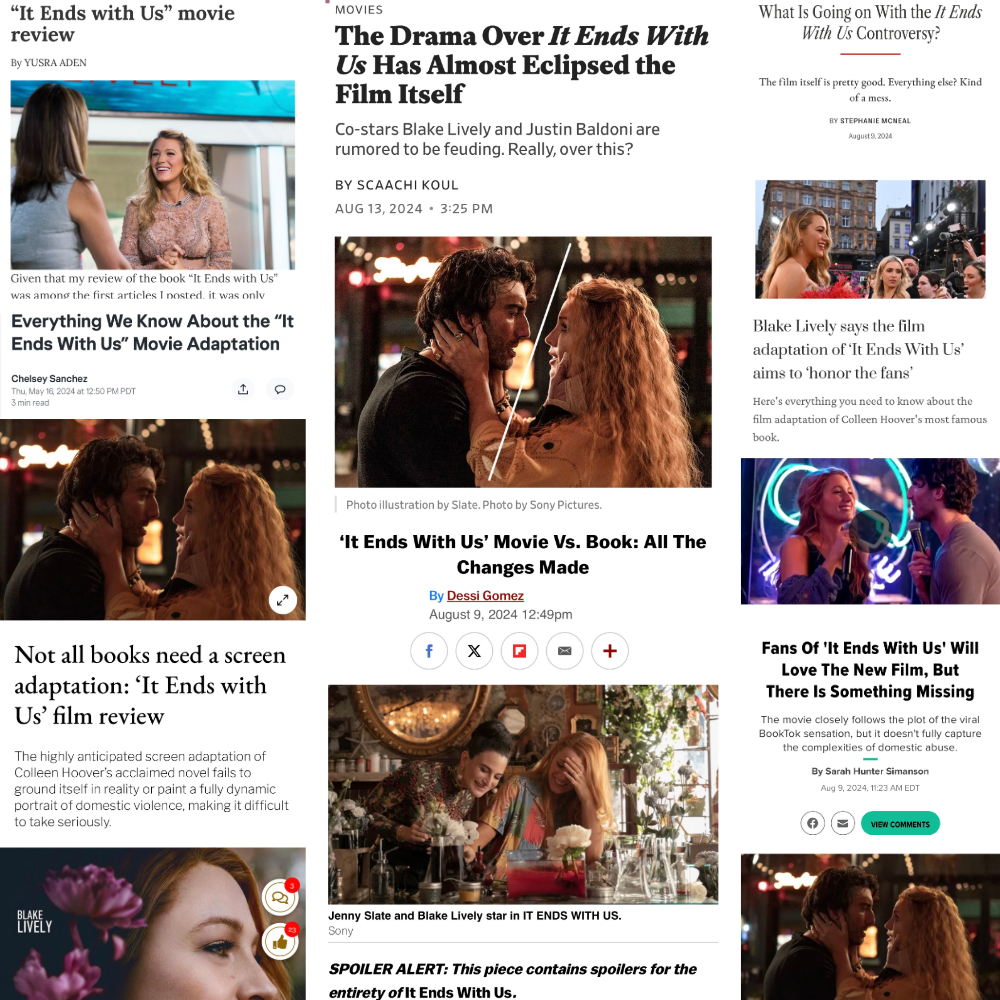As the year stretches on and the months feel like they’re stitched together, it can be easy to forget the most important months that highlight the freedom and pride of many.
This month of June marks the second pride since the pandemic started which seems like forever ago.
While pride is a good time to celebrate and feel free in your sexuality if you are a part of the LGBTQIA+ community, there still are many things that need to be addressed within the community during this pride month.
All queer individuals collectively understand that when pride starts, the major companies will slap rainbows and embarrassing graphic tees that have the weirdest phases that almost feel like a hate-crime at this point. The point is that that’s not the biggest problem we have when it comes to pride.
When you think of pride I’m sure it’s images of pride flags, queer and trans people marching and celebrating, while that is amazing, to picture the people in the community expressing themselves freely and proudly without a care, it’s what we all want. However, it is crucial that when we celebrate pride, when we post about it, and when we live our truth, we take a look back on the history of it all and learn about the people who fought for us to be here, celebrating in a march instead of protesting and fighting to exist.
Over the years I have seen so many history pictures regarding pride and the crazy thing is that the majority of people that were celebrated for fighting for equality were white. Before anyone thinks, “Not everything is about race…” It really is. Everything about society from clothes to food, is about race. It was never about race until white oppressors made it about race. Now, this is not going to be an article bashing white people but it’s important that we do know that before sexuality, before religion, we are our race. Non-POC (people of color) need to understand that when we are born the first thing people see is the color of our skin before anything else, not our laugh, not the way we talk, or our personalities of course.
The reason I say that is because while there are a number of different minority groups it’s important to see the ones that are in need of support and need to be given recognition. As a queer person, I understand that I am a minority but I also understand that I am nowhere near oppressed as a black person, especially a Trans Black Women. Which leads to my next point, queer history. I cannot say that I have done a vast amount of research on the history of the queer individuals of my community, but I do know that the word ‘Pride’ is what started it all. Since I came out, I have learned so much about identity and showing not only the world but yourself who you truly are and doing it carelessly. Experiencing this led me to truly understand what led to all of the protests, marches, and activists of the world then.
While everyone who fought to get queer voices heard deserve recognition to the fullest, I feel that queer teens today would not have it as easy as we do if it weren’t for queer POC and Black Trans women. They had to experience a time where they were not only hated for who they loved but for the color of their skin and especially trans individuals who were targeted for living their truth.
I am so grateful that so much more queer, trans, and non-binary individuals have outlets and support systems that they can confide in. That being said, I feel that it’s so important that we appreciate the older generations of queer and trans/ trans black activists for their courage and persistence in fighting for a better future for us.
When celebrating pride this month remember to do research, learn new things about queer history, learn how to be a better ally to other members in the community, and learn how to be an activist not only for the queer community but for other minority groups because pride doesn’t just stop at sexuality. This is not a shaming article for the queers in my generation but more of a reminder to show appreciation for queer elders/ black queer elders, black trans women for helping not only me but so many embrace themselves and to do it fearlessly.
“No pride for some of us without liberation for all of us.” – Marsha P. Johnson


